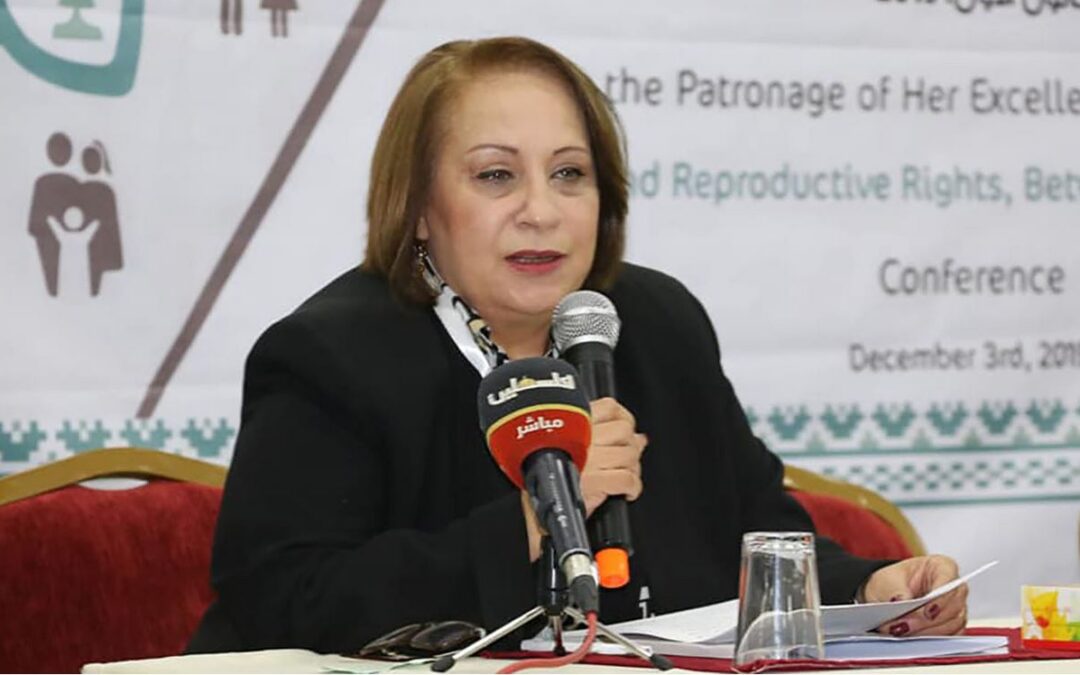
Sep 2, 2021 | News
Israeli authorities must end Shatha Odeh’s arbitrary detention, immediately release her, and provide compensation for her unjust detention, the International Commission of Jurists (ICJ) said today.
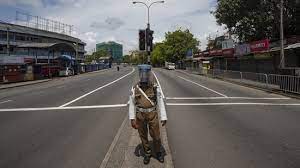
Sep 2, 2021 | News
The Sri Lankan Government must stop harassing and threatening journalists, government officials, doctors and social media users with legal actions for criticizing the State response to COVID-19, said the ICJ today.
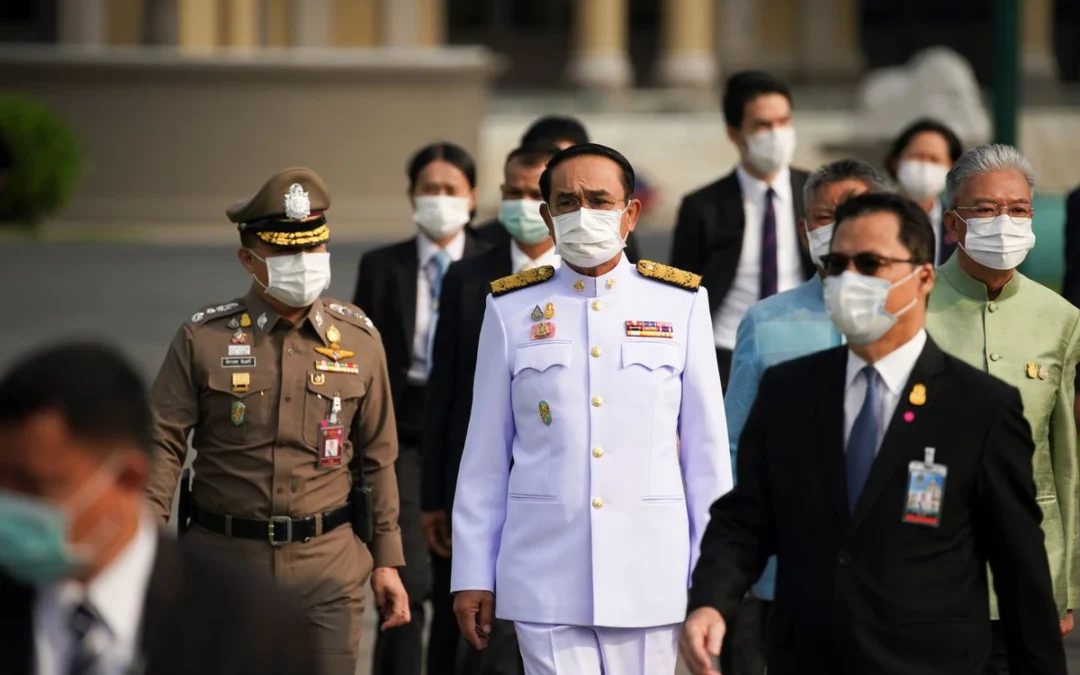
Sep 1, 2021 | Advocacy, News, Open letters
ICJ along with 12 civil society organizations, wrote a letter to Prime Minister Prayut Chan-o-cha, expressing concern regarding the right to peaceful assembly in Thailand.
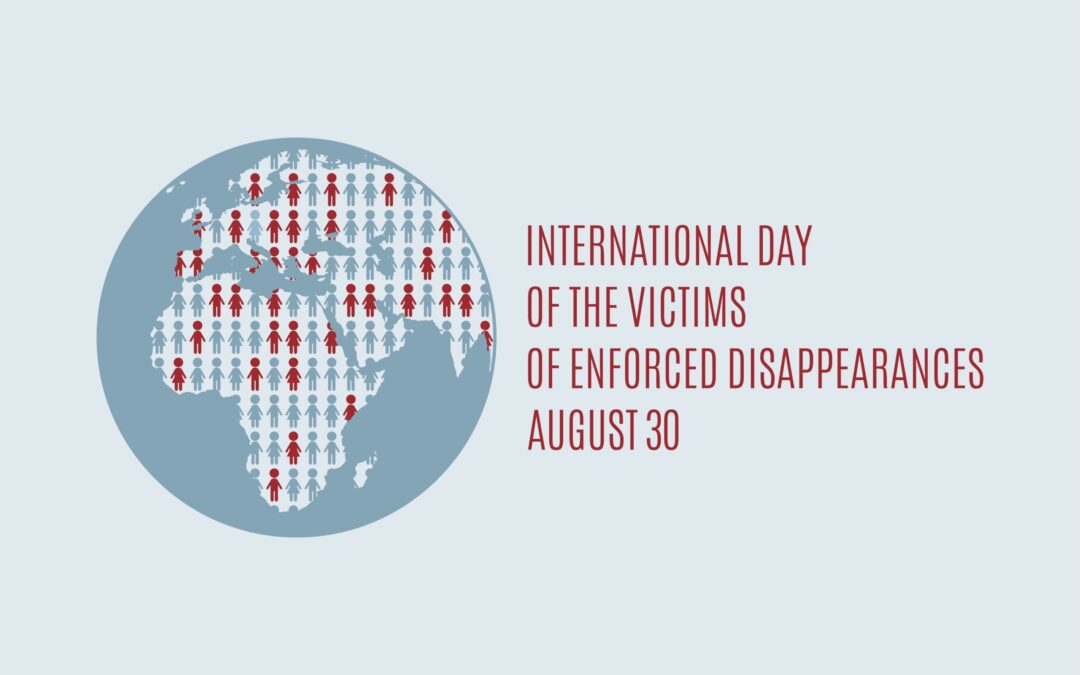
Aug 30, 2021 | News
Today, on the occasion of the International Day of the Victims of Enforced Disappearances, we the 33 undersigned local, regional, and international organizations, associations, and networks come together to highlight the dramatic and persistent nature of enforced disappearances in the Middle East and North Africa (MENA) region and the accompanying impunity enjoyed by perpetrators of these crimes throughout the region.

Aug 30, 2021 | News
The ICJ called today on the Spanish Supreme Court to move expeditiously to revise and quash the conviction of Judge Baltasar Garzon for abuse of power and to reinstate him in the judiciary, after the UN Human Rights Committee found that the convictions in two trials against him were in breach of his fair trial rights.
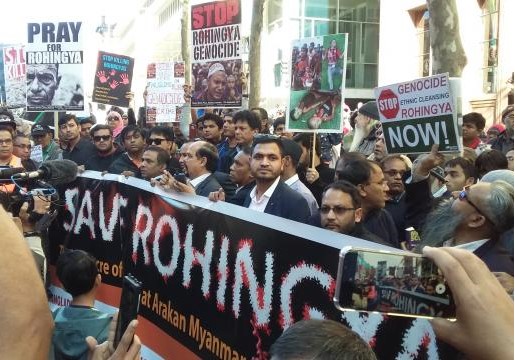
Aug 30, 2021 | Advocacy, News
Myanmar victims of serious human rights violations, including Rohingya living in refugee camps in Bangladesh, have expressed their desire to be included in the various international justice processes underway around the world. In response, the ICJ is holding a series of accessible online discussions on justice and accountability.










